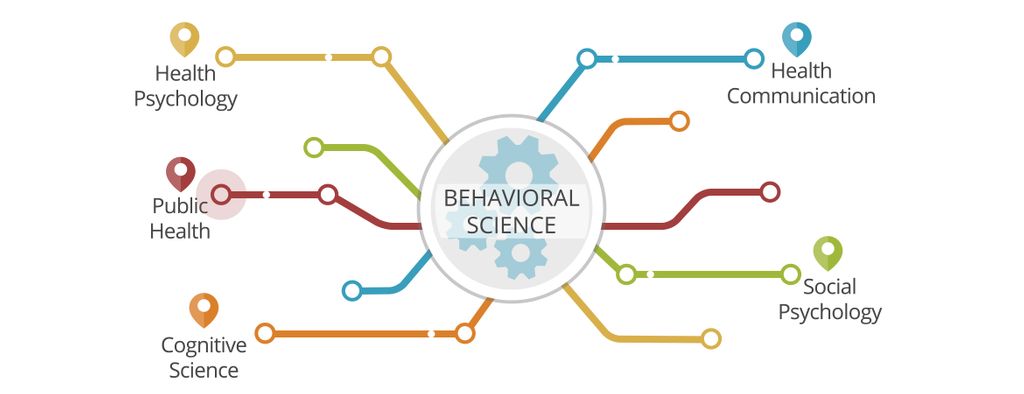
Understanding Behaviour
Understanding human behavior is a complex and multifaceted task. Human behavior is shaped by a wide range of factors, including genetics, environment, culture, and personal experiences. In order to gain a deeper understanding of behavior, researchers have developed a number of different approaches and theories. Here are some of the key ways in which behavior is understood:
Biological factors: Biological factors play an important role in shaping behavior. Researchers have identified a number of genes that are associated with different aspects of behavior, such as aggression, risk-taking, and addiction. Understanding the biological underpinnings of behavior can help researchers to develop more effective interventions to address behavioral issues.
Instead of trying to change another persons behaviour try changing the way you react. ACCEPTANCE without EXPECTATIONS is less stressful
-- Linda
Environmental factors: Environmental factors, such as upbringing, education, and socialization, also play an important role in shaping behavior. Researchers have found that early childhood experiences can have a profound impact on adult behavior, and that social and cultural factors can also influence behavior in significant ways.
Cognitive factors: Cognitive factors, such as beliefs, attitudes, and expectations, are also important in shaping behavior. People's thoughts and perceptions can influence how they behave in a given situation, and understanding these cognitive factors is important for designing effective interventions.

What Are Some Of The Factors To Understading Behaviour.
Social factors: Social factors, such as social norms and group dynamics, can also influence behavior. For example, people are more likely to engage in risky behaviors if they perceive that those behaviors are socially acceptable or if their peers are engaging in those behaviors.
Learning theory: Learning theory is a broad area of research that focuses on how people learn and develop behaviors over time. This approach emphasizes the importance of rewards and punishments in shaping behavior, as well as the role of observation and imitation in learning new behaviors.
Behavioral economics: Behavioral economics is a subfield of economics that incorporates insights from psychology and other behavioral sciences to explain why people make certain economic decisions. This approach emphasizes the importance of cognitive biases and other psychological factors in shaping economic behavior.
Social psychology: Social psychology is a branch of psychology that focuses on how people interact with one another and how their behavior is influenced by social factors. This approach emphasizes the importance of social norms, group dynamics, and interpersonal relationships in shaping behavior.
In conclusion, understanding human behavior is a complex and multi-disciplinary task that requires input from a wide range of fields, including biology, psychology, economics, and sociology. By taking into account biological, environmental, cognitive, social, and cultural factors, researchers can gain a deeper understanding of why people behave the way they do. This understanding can then be used to develop more effective interventions and strategies for addressing behavioral issues and promoting positive outcomes. However, it's important to recognize that behavior is always context-dependent and that there are no one-size-fits-all solutions when it comes to understanding and addressing complex human behavior.





